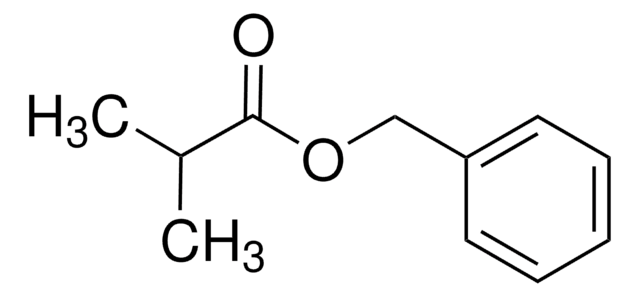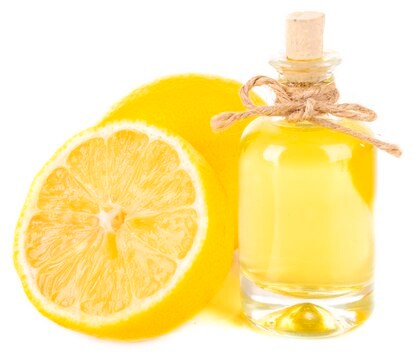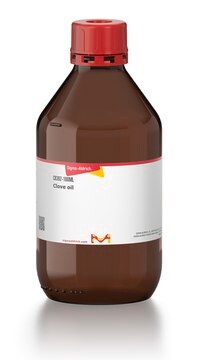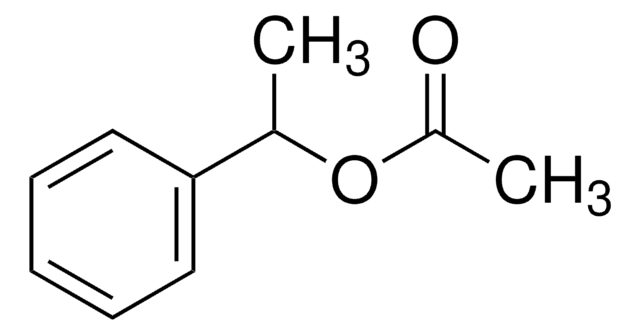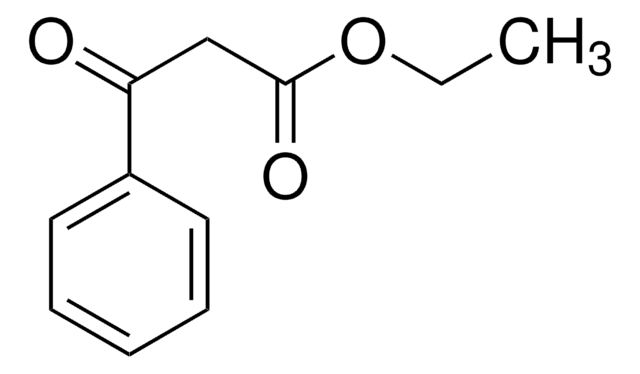W286702
Phenethyl propionate
≥98%, FG
Synonym(s):
Phenylethanol propanoate
About This Item
Recommended Products
biological source
synthetic
Quality Level
grade
FG
Halal
Kosher
Agency
meets purity specifications of JECFA
reg. compliance
EU Regulation 1334/2008 & 178/2002
FDA 21 CFR 172.515
Assay
≥98%
refractive index
n20/D 1.493 (lit.)
bp
245 °C (lit.)
density
1.007 g/mL at 25 °C (lit.)
application(s)
flavors and fragrances
Documentation
see Safety & Documentation for available documents
food allergen
no known allergens
Organoleptic
floral; rose; sweet
SMILES string
CCC(=O)OCCc1ccccc1
InChI
1S/C11H14O2/c1-2-11(12)13-9-8-10-6-4-3-5-7-10/h3-7H,2,8-9H2,1H3
InChI key
HVGZQCSMLUDISR-UHFFFAOYSA-N
General description
Storage Class Code
10 - Combustible liquids
WGK
WGK 2
Flash Point(F)
235.4 °F - closed cup
Flash Point(C)
113 °C - closed cup
Personal Protective Equipment
Choose from one of the most recent versions:
Already Own This Product?
Find documentation for the products that you have recently purchased in the Document Library.
Our team of scientists has experience in all areas of research including Life Science, Material Science, Chemical Synthesis, Chromatography, Analytical and many others.
Contact Technical Service
